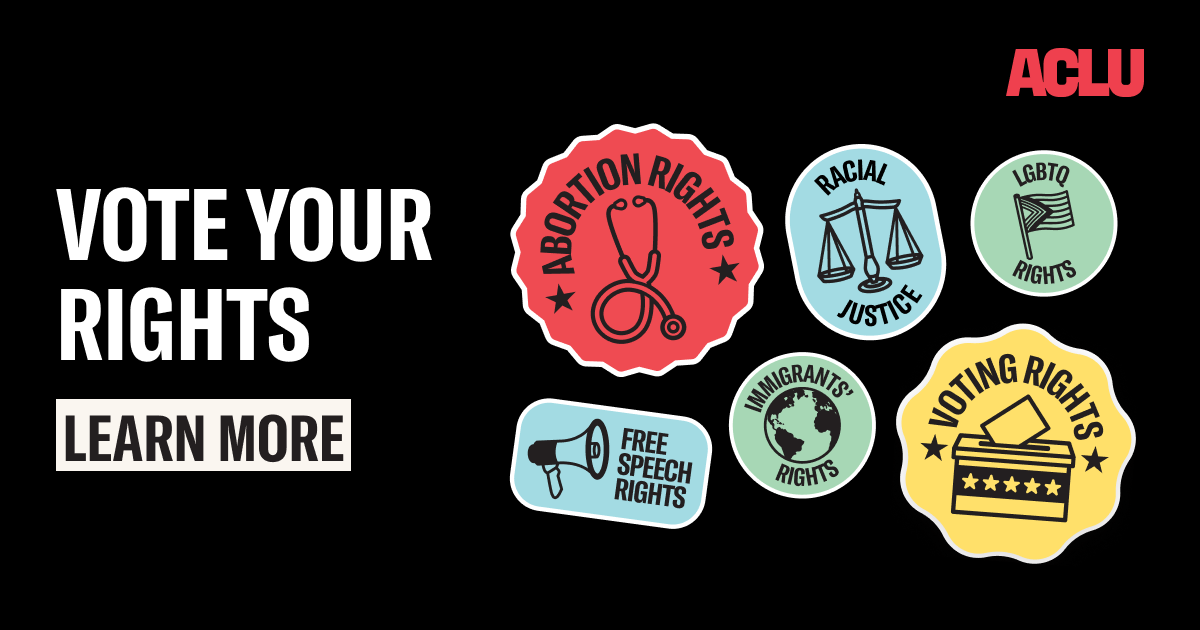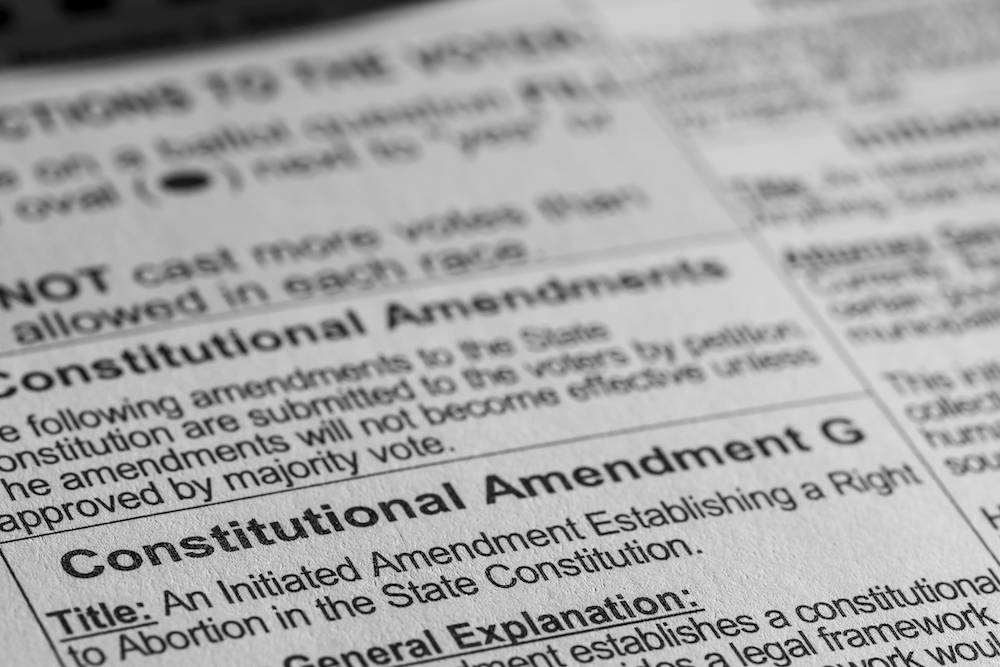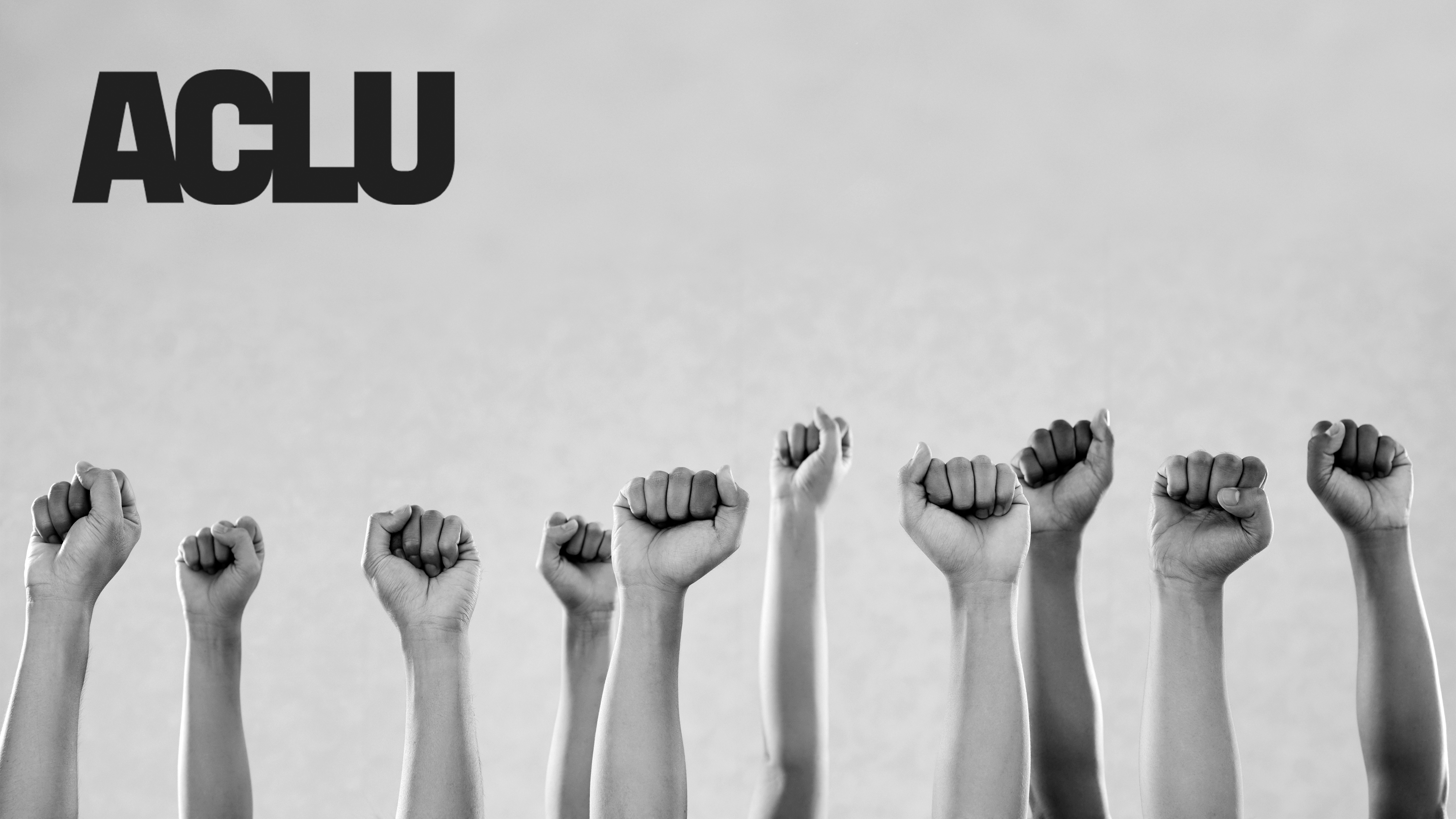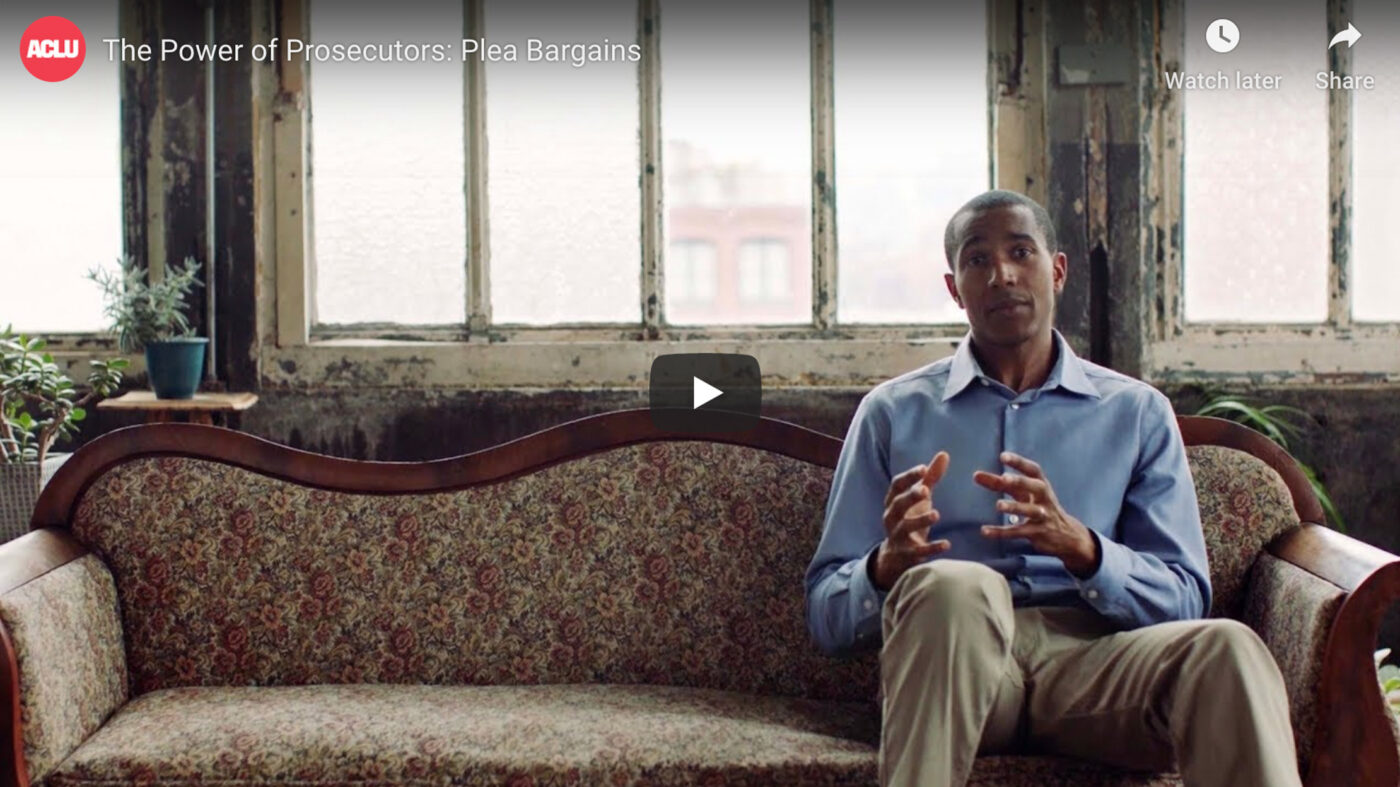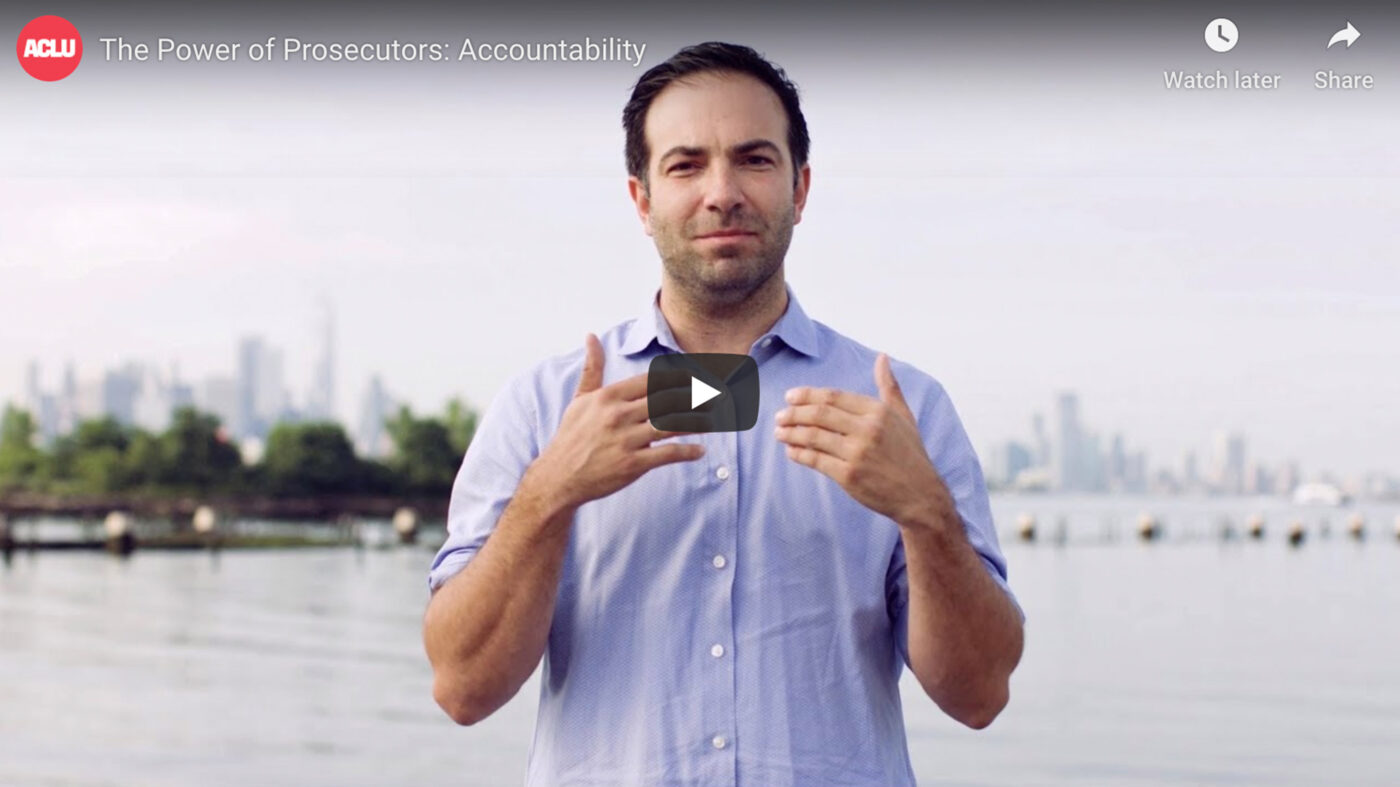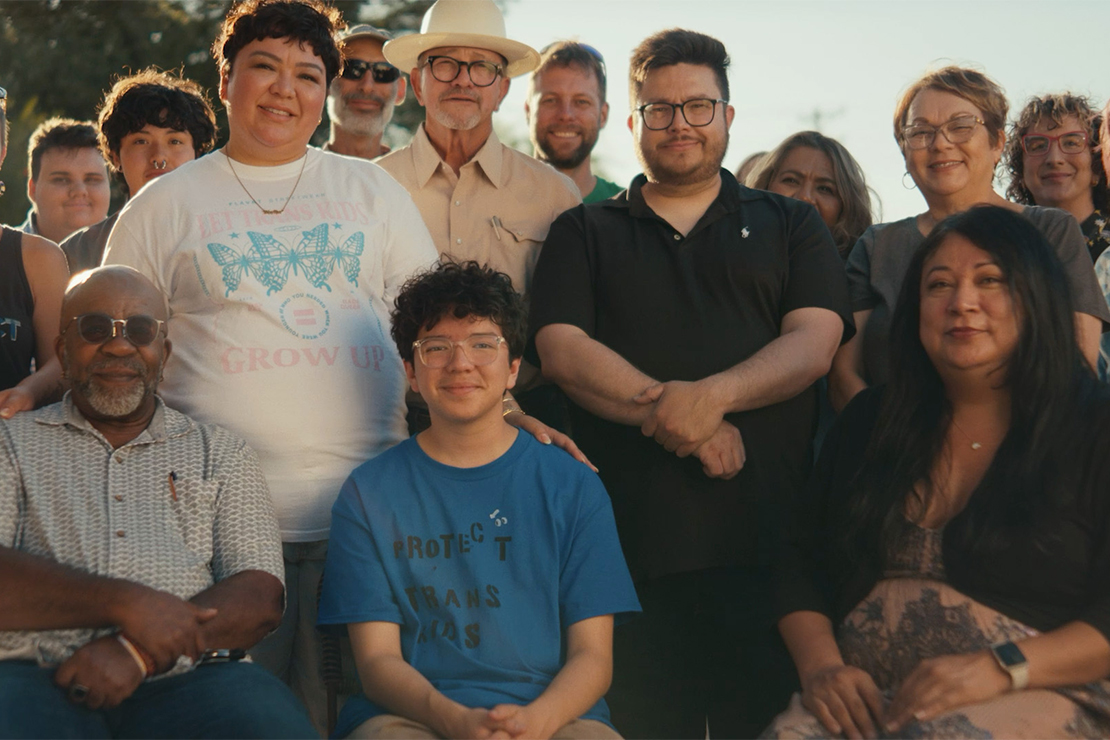Anti-immigrant extremists have repeatedly used “invasion” rhetoric to divide our communities and advance their anti-immigrant agenda. Donald Trump has promised to “carry out the largest domestic deportation operation in American history” and, at recent campaign rallies, gone so far as to pledge that, if re-elected, he will invoke the Alien Enemies Act of 1798 to facilitate a draconian mass deportation program. Though Trump made similar promises when in office, we know that his administration would be far more aggressive in its efforts to use this colonial-era law to deport millions. Below, we breakdown what this means for our communities.
What is the Alien Enemies Act?
The Alien Enemies Act of 1798 was passed as part of the infamous Alien and Sedition Acts, which were a series of laws passed by a Federalist-led Congress to address fears about an impending war with France. While the other three laws have since expired or been repealed, the Alien Enemies Act remains active.
The law has not changed much since it was passed in 1798. Right now, it permits the president to apprehend, restrain, and remove noncitizens during a “declared war” or if the U.S. faces an “invasion or predatory incursion” by another country or foreign government. The law applies to “natives” of another country, which potentially includes people who were born abroad, but who are long-term residents of the U.S. Past presidents have detained or deported noncitizens with legal status and noncitizens raised in the United States. While the government has never sought to use the Act to detain citizens, we have ample reason to fear that Trump would seek to break that norm.
Many fear that a second Trump administration would seek to use this law to justify indefinite detention and remove people from the country swiftly and without judicial review. Historically, people have been subject to removal under the Act without any fundamental due process safeguards, which makes it ripe for civil liberties abuses. For example, the Act’s text does not require that noncitizens receive a hearing prior to detention or removal, and the government has read it to provide limited opportunities for administrative or judicial review.
There is also a real risk that the Trump administration’s rhetoric and its mass deportation agenda will lead to racial profiling by federal, state, and local law enforcement. The rhetoric surrounding the Alien Enemies Act could embolden law enforcement agents to act on their perceptions of a person’s ancestry or nationality, leading to wrongful arrest, detention, and deportation, including of U.S. citizens.
The Alien Enemies Act Has a Sordid Past
Throughout this country’s history, the Act has been used to target people merely on the basis of their ancestry or nationality. The act was first used during the War of 1812 against British nationals, and later used by President Woodrow Wilson during World War I against nationals of the German Empire, Austria-Hungary, and other foreign nations. The last time this wartime authority was invoked, during World War II, lead to the incarceration of noncitizens of primarily Japanese descent – the precursor to the internment program targeting Japanese Americans – that marked one of the most shameful moments in American history. In 1988, when Congress apologized and provided reparations for Japanese internment, it acknowledged the application of the law lead to fundamental violations of the civil liberties and constitutional rights of individuals of Japanese ancestry, and that the government’s actions were motivated largely by “racial prejudice” and “a failure of political leadership.”
The Law Hinges on the Idea of an Invasion or Predatory Incursion
Historically, the Act has been used only when Congress has declared war, and Supreme Court precedent has acknowledged that the law may only be used as a wartime authority. But its text also includes actual or threatened “invasion or predatory incursion” by a foreign nation or government. There is, of course, no military invasion or incursion occurring in the United States, so it would be unlawful for Trump to invoke the Act.
Nonetheless, invasion rhetoric has been a lynchpin of Trump’s presidential campaign. During a nomination acceptance speech at the Republican National Convention, Trump falsely claimed that the “greatest invasion in history” was happening at the southern U.S. border with Mexico, and such rhetoric has been used to justify his extreme anti-immigrant stances and policy proposals. Increasingly, we’ve seen other anti-immigrant extremists use “invasion” theory to facilitate their illegal actions. In Texas, Governor Greg Abbott has repeatedly claimed an invasion at the U.S.-Mexico border to show just cause for the entirety of Operation Lone Star, an anti-immigrant border enforcement scheme that allows for the arrest of U.S. citizens and others far from the southwest border. Abbott has even used it to justify the construction of a 1,000-foot barrier in the Rio Grande River.
The consequences of allowing this kind of fearmongering to trigger the Act would be staggering. Take, for example, Trump’s claim of an “invasion” of immigrants from Mexico. If courts were to accept that baseless claim, the result could be presidential authority to deport all Mexican nationals — even lawful permanent residents who have lived in this country for decades, raising families that include U.S. citizen children and building their lives in our communities.
The Time for States to Act is Now
The Alien Enemies Act’s history reminds us that presidents can invoke vague and overbroad emergency powers to unfairly and wrongly target people based on political ideology, ancestry, or nationality. Trump’s pledge to invoke this outdated law is a harrowing call to action to ensure our government does not repeat the mistakes of the past.
Elected leaders need to be vigilant and speak out now against mass deportations, including the potential invocation of the Alien Enemies Act. While Trump and his surrogates are couching their claims in terms of crime, drugs, and cartels, it is all too clear that their mass deportation agenda extends to millions of our loved ones, neighbors, and co-workers.
That’s why the ACLU is calling on state and local government leaders to create a firewall to ensure that no state and local personnel or resources are tapped by the federal government to enact mass deportations and any other civil liberties violations. At the local level, we will urge mayors and city councils to come together to protect and support families targeted by Trump’s mass deportation drive and other attacks.
The bottom line is that a president cannot unilaterally make good on threats to conduct the largest deportation drive in our nation’s history, or to do so using the Alien Enemies Act and other legal authorities. Without the assistance of state and local government agencies, a second Trump administration will find it much harder to identify, arrest, and detain our immigrant neighbors and loved ones. The ACLU – and our more than 4 million members – are prepared to fight alongside states to combat any attacks on people who are immigrants and ensure that mass deportations never take root in our communities.
Published November 1, 2024 at 02:27AM
via ACLU https://ift.tt/1AQrMz2
